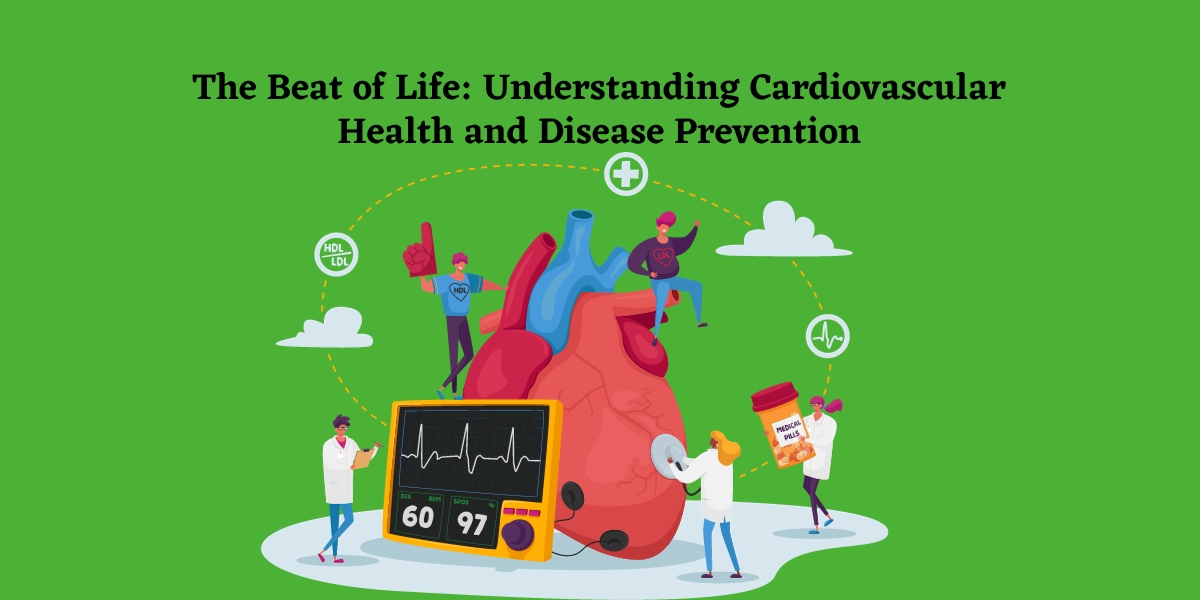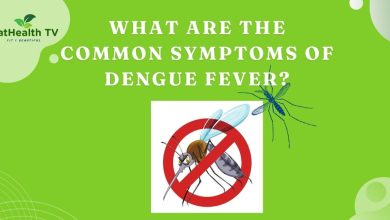The Pulse of Life: How Cardiovascular Knowledge Shapes Heart Health
The Beat of Life: Understanding Cardiovascular Health and Disease Prevention
The cardiovascular system, comprising the heart and blood vessels, is the lifeline of our bodies. Its proper functioning is crucial for overall health, and understanding this intricate system can significantly contribute to heart health and the prevention of cardiovascular diseases, including heart attacks and strokes. In this blog post, we will explore how knowledge of the cardiovascular system plays a pivotal role in safeguarding our hearts and lives.
The Cardiovascular System: A Marvel of Physiology
The cardiovascular system is responsible for pumping blood throughout our bodies, ensuring the delivery of oxygen and nutrients to every cell and the removal of waste products. Key components include:
- The Heart: This muscular organ serves as the pump, propelling blood through the arteries and veins.
- Arteries and Veins: Arteries carry oxygen-rich blood away from the heart, while veins return oxygen-depleted blood back to the heart.
- Blood: Blood transports oxygen, nutrients, hormones, and immune cells, playing a critical role in overall health.
Physiological Understanding for Heart Health
- Blood Pressure: Knowledge of blood pressure and its regulation helps in monitoring and managing hypertension, a significant risk factor for heart disease.
- Cholesterol Metabolism: Understanding how cholesterol is transported in the bloodstream helps in managing cholesterol levels to prevent plaque buildup in arteries.
- Electrical Conduction: Knowing how electrical signals control heart rhythm aids in diagnosing and treating arrhythmias.
- Blood Clotting: Insights into the clotting process guide the prevention of excessive clot formation, reducing the risk of heart attacks and strokes.
Prevention Through Physiology
- Lifestyle Choices: Understanding the impact of diet, exercise, and stress on the cardiovascular system empowers individuals to make heart-healthy choices.
- Risk Factor Identification: Knowledge of risk factors such as smoking, diabetes, and obesity allows for early intervention and prevention.
- Medication Management: Physicians use physiological knowledge to prescribe medications that target specific cardiovascular processes, helping manage conditions like hypertension and high cholesterol.
Cardiovascular Diseases: Anatomy of Prevention
- Heart Attacks: Understanding coronary artery anatomy and atherosclerosis informs prevention strategies, including lifestyle changes and medication.
- Strokes: Knowledge of brain vasculature and clot formation aids in stroke prevention and timely treatment.
- Heart Failure: Insights into heart function help in managing heart failure and improving patient outcomes.
Conclusion
A profound understanding of the cardiovascular system is paramount for maintaining heart health and preventing cardiovascular diseases. It empowers individuals to make informed lifestyle choices, identify risk factors. Work closely with healthcare professionals to develop personalized prevention and treatment plans. By appreciating the intricate physiology that sustains our hearts, we can take proactive steps to ensure a healthier. Happier life, free from the shadow of heart disease.





